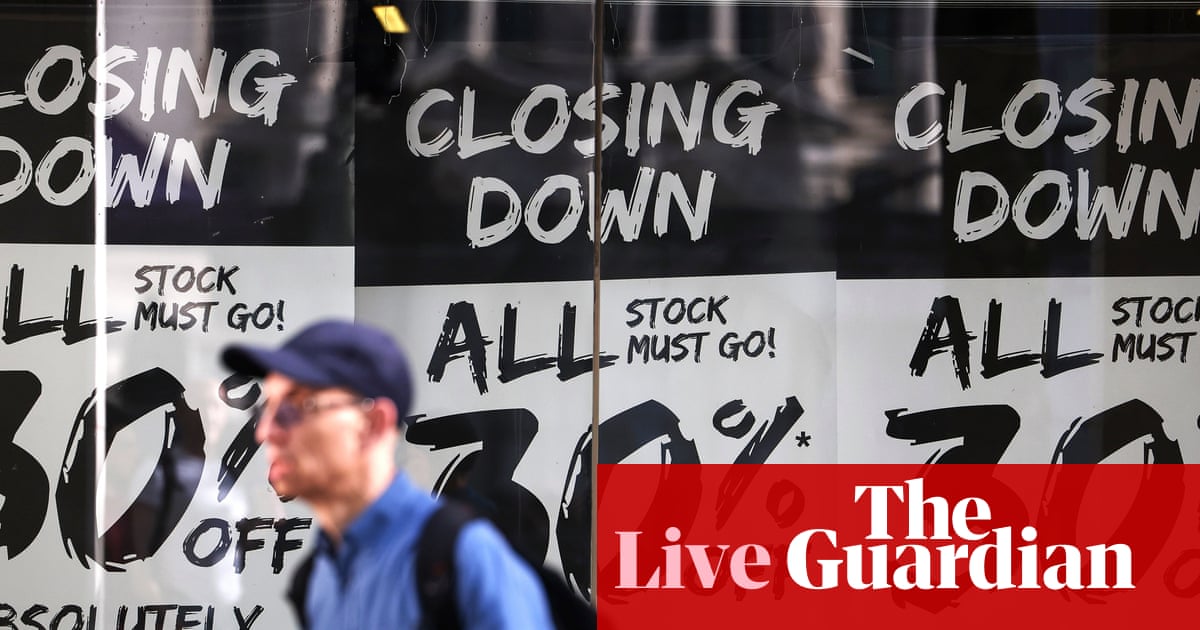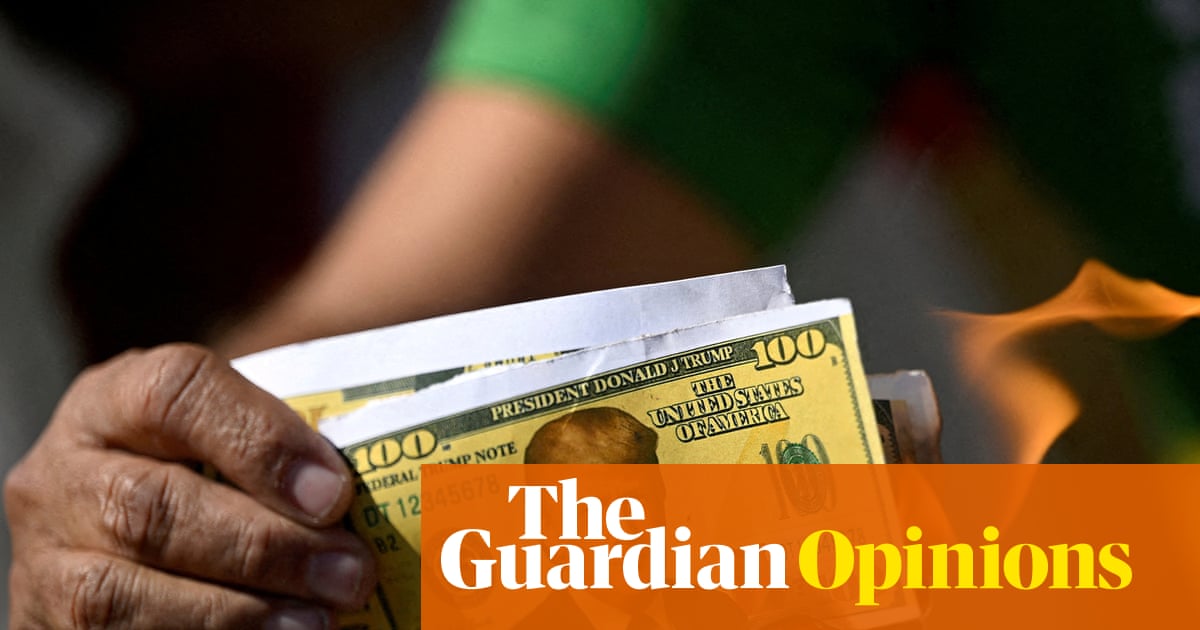T4K3.news
Stocks fall as inflation pressures weigh on the economy
Investors react to rising inflation and uncertainty over Federal Reserve interest rate decisions.

Investors react to rising inflation and Federal Reserve rate cut doubts.
Stocks decline as Trump faces inflation challenges
President Trump did not seem affected by the inflation rise to 2.7%, reported recently. He urged the Federal Reserve to lower interest rates, claiming it would save money. However, the inflation increase points to a different trend. The pace of inflation growth is the highest this century, which alarmed Wall Street on the report. As a result, U.S. stocks fell, and global markets showed similar declines. Furthermore, expectations for a Fed rate cut in September dropped. Initial estimates put the chances at 75%, but those are now down to only 50%. Economists suggest that Trump's trade tariffs are making inflation worse, with expectations of continuing price increases. Tariff costs have already impacted consumer prices, particularly in household appliances. The overall economic outlook is now clouded, as higher inflation is likely to keep rates higher for longer, contrary to Trump's demands for cuts. The weakness of the U.S. dollar is also exacerbating these inflationary pressures, leading to higher costs for imported goods and intense market caution.
Key Takeaways
"Consumer Prices LOW. Bring down the Fed Rate, NOW!!!"
Trump's insistence reflects his view on managing inflation and interest rates.
"Tariff costs are strikingly visible in June’s CPI data."
Analysts are highlighting the direct impact of tariffs on consumer prices.
"The fear is that those increases could become more widespread across the consumer basket."
This statement underscores the potential risks of ongoing inflation driven by tariffs.
The situation illustrates a critical tension between Trump's policies and economic fundamentals. He pushes for rate cuts, but inflation driven by tariffs contradicts these demands. As the Fed grapples with rising prices, expectations for monetary easing will likely remain elusive. Investors seek clarity amid these uncertainties, and as the tariff impacts fully materialize, stock market stability may further be at risk. This cycle leaves Trump's influence over monetary policy and market reactions in a precarious position.
Highlights
- Inflation is forcing the Fed to rethink rate cuts.
- Stock markets react strongly to inflation concerns.
- Tariffs might be the hidden driver behind rising prices.
- The dollar's weakness adds another layer to inflation.
Inflation poses significant risks to economic stability
The rising inflation, driven by tariffs and a weak dollar, complicates the Federal Reserve's policy decisions, leading to investor concerns.
The economic landscape remains complex, and the next steps from the Fed and Trump will be critical.
Enjoyed this? Let your friends know!
Related News

Company insolvencies drop in England and Wales

Federal Reserve holds interest rates steady for fifth consecutive meeting
US stock indexes decline as interest rate cut hopes fade
:max_bytes(150000):strip_icc()/GettyImages-2227723534-b867774a1c2d4a538a289a44bae02b57.jpg)
Stocks Decline as Powell Shares Outlook on Interest Rates

US-EU trade deal limits tariffs to 15%

Federal Reserve holds interest rates steady amid inflation issues

Rick Rieder expresses confidence in equities
:max_bytes(150000):strip_icc()/GettyImages-699097697-ae69508d0dbd402d8db8f46f05cc0b16.jpg)
S&P 500 Declines Amid Rising Inflation
